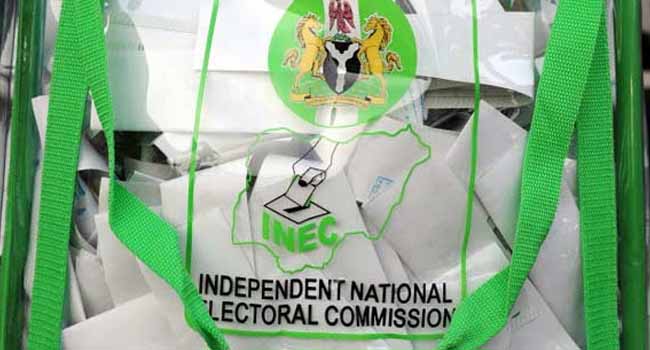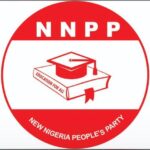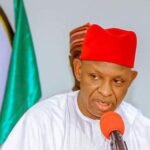The turn of the new year has witnessed a rash of planned or actual electoral activities in the country’s local government tier of governance across the states, either for by-elections or fresh polls. However, the course of this dispensation has been marked by grave anomalies featuring blatant violations of the statutory provisions for the exercises, with some state governments adopting a winner-takes-all disposition to control and corner all available electable positions.
Example, in Kano State, local government elections were held on Saturday, January 16, 2021, to elect 44 council chairmen and 484 councillors. The ruling All Progressives Congress (APC) in the state won all the seats in the exercise that saw the participation of 12 political parties. To accentuate the anomalous circumstances surrounding the polls, a faction of the Peoples Democratic Party (PDP) loyal to Rabiu Kwankwaso, a former governor of the state, boycotted the exercise.
- 2023: INEC to review card readers, introduce new technologies
- Kano LG Polls: Turnout impressive, we will win all seats, says Ganduje
In Jigawa, local government elections were conducted on June 29, 2019, and the ruling APC in the state won all the 27 chairmanship and 287 councillorship positions. Also, in Ekiti and Ondo states, the ruling party won all the chairmanship and councillorship seats.
In another vein is the PDP-controlled Rivers State which has scheduled its local government polls for April 17, 2021. Controversy has built over the exercise even before its commencement, courtesy of misgivings by political parties that it may be skewed in favour of the PDP.
These scenarios which are routine and represent the trend in local government polls across Nigeria amply illustrate the hollowness of the exercise, with the consequence of denying them autonomy and placing them under full control of state governments.
Meanwhile, the questionable electoral exercises constitute an “improvement” over the practice of imposing caretaker committees on the councils appointed solely by governors with tenures that depend on the volition of same (governors). In effect, the councils remain mere extensions of the states’ administrative machinery.
Juxtaposing the foregoing scenario with the statutory functions of the third tier of governance as stipulated by the constitution betrays the basis for the system-wide weaknesses of local government administration in Nigeria. The constitution provides for autonomous and elected local governments across the country which shall entail the universal participation of all shades of political interests.
However, the denial of these governments the benefit of participation by a wider spectrum of interests renders them parochial in delivery of the dividends of democracy in their areas of jurisdiction, and with telling consequences.
One of these consequences is the creation of room for grave distortions in their fiscal operations as their controlling state governments routinely divert their funds to nefarious ends. Various sub-sections of Section 7 of the constitution also provide for the funding of local governments through three sources. Firstly is the allocation from the Federation Account which shall be managed through an account to be operated jointly by a state and councils in its territory. Secondly is the allocation of funds to the councils by the state governments. Thirdly is the Internally Generated Revenue (IGR) by the local government councils.
In practice, however, the state governments simply hijack the local governments’ allocation from the Federation Account and leave them with little beyond salaries and allowances. This is just as the states hardly disburse to the councils their contributions to the funding of the latter. The situation leaves the councils to depend only on IGR funds; which renders most of them insolvent to deliver any measure of development in their constituencies.
There is, therefore, a need for all stakeholders in the country’s democracy, especially the National Assembly, to appreciate the danger these actions pose to the democratic practice in the country and support efforts aimed at fostering full autonomy for the country’s local government councils.

 Join Daily Trust WhatsApp Community For Quick Access To News and Happenings Around You.
Join Daily Trust WhatsApp Community For Quick Access To News and Happenings Around You.

